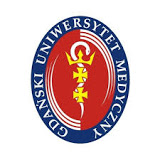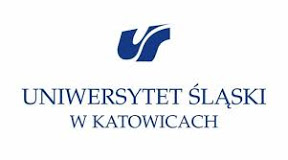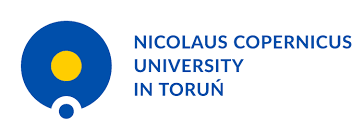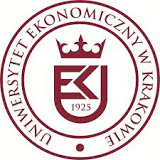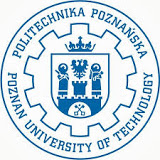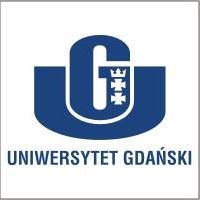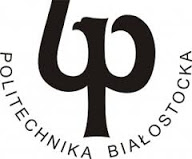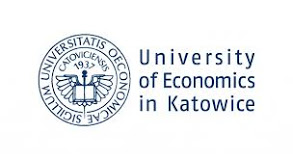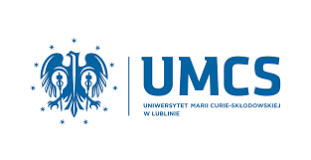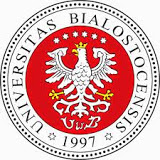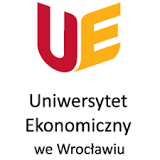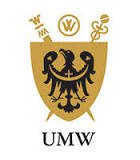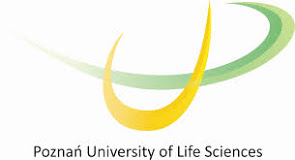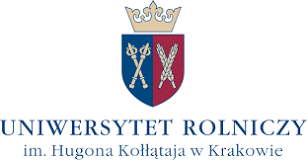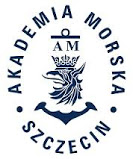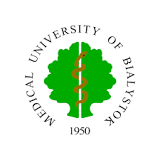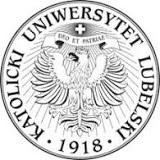Poland
Why Study in Poland?

5 Reasons to study in Poland
1. Tradition
Poland’s tradition of academic education goes back to 1364 when King Casimir the Great established the Cracow Academy, known today as the Jagiellonian University. The Cracow Academy, being one of the oldest in the world, took after academies in Bologna and Padua, and was the second university in Central Europe after Prague.
2. Modernity
Today, the Polish higher education system is developing rapidly. Poland holds fourth place in Europe (after the United Kingdom, Germany and France) in terms of the number of people enrolled in higher education. The total student population at over 400 university level schools is almost one and a half million. Each year almost half a million young people begin their education at universities and colleges. The Polish university level schools offer over 200 high quality types of study as an integral part of the European Higher Education Area. Most schools offer courses in foreign languages.
3. Bologna Process
Poland plays an active part in the Bologna Process. Owing to the introduction of three-stage education modelled on Bachelor/Master/Doctoral studies as well as the European Credit Transfer System, both Polish students and international students studying in Poland stay fully mobile and can continue their education elsewhere in the European Union without any problems. Within just the Erasmus Program that has been going on for over 20 years now, over 43,000 foreign students have come to study in Poland while almost 100,000 students from Poland have taken part of their education in another country within the European Union. Foreign students coming to Poland can expect the most attractive and diversified education opportunities meeting high European standards. They can study medicine, biotechnology or engineering, but also art and business and many other subjects. The diploma awarded to them upon graduation is recognised not only Europe-wide but also in most countries of the world.
4. High quality of education
The Polish higher education system is well developed. The quality of the education provided is monitored and regularly evaluated. The main Polish institutions in charge of quality assurance in higher education are: the Polish Accreditation Committee, the General Council of Higher Education and the Conference of Rectors of the Academic Schools in Poland. There are over 5,000 courses available in Poland and each of them has had to gain the Polish Accreditation Committee’s approval. Among them there are a number of fields of study that have received the grade: excellent. The list of excellent fields of study is available at the Polish Accreditation Committee website: http://www.pka.edu.pl/?q=en/oceny.
5. COMPETITIVE COSTS OF LIVING AND STUDYING
Compared to other EU countries, the tuition fees in Poland are highly competitive and the costs of living are a fraction of what a foreign student would have to spend in other European cities.
Cost of living in Poland
In comparison to other European countries Poland is a relatively cheap place to live and study. Prices depend greatly on the city, but a student can get by with about EUR 300 at their monthly disposal. Average costs of student living range from EUR 350 up to EUR 550. Please remember, that to be able to study in Poland non-EU/EEA students have to possess sufficient means to cover the living costs.Below are some examples to give an idea of the amounts students spend per month.
MONTHLY EXPENSES (AVERAGE VALUE)
| Rent in a shared flat (or dormitory) | 80-150 EUR |
| Food | 100-150 EUR |
| Transportation (in big cities) | 15-20 EUR |
| Telephone/mobile, internet, TV | 20-30 EUR |
| Study materials | 30-50 EUR |
| Other expenses (leisure/entertainment) | 70-100 EUR |
EXAMPLES OF OTHER SELECTED PRICES
| bread (1 loaf ) | 0.80 EUR |
| milk (1 litre) | 0.70 EUR |
| lunch at a canteen | 3.00 EUR |
| coffee in a café | 2.50 EUR |
| cinema ticket | 5.00 EUR |
Tuition fees
Full-time studies (in the Polish language) at the state Higher Education Institutions (HEIs) are free for Polish students and foreigners who commence studies in Poland on terms applicable to Polish citizens (see: define your status).. These include citizens of the EU/EEA and students who hold the Polish Charter (Karta Polaka). All other foreigners are required to pay tuition fees that on average are the following:
- EUR 2000 per year for first, second and long cycle studies,
- EUR 3000 per year for doctoral, postgraduate and medical postgraduate internships as well as scientific, arts, specialist and post-doctoral internships,
- EUR 3000 per year for vocational courses and apprenticeships,
- EUR 2000 per year for an annual preparatory Polish language course to commence studies in Polish
Fees at public and non-public HEIs are established by the institution itself under the condition that they cannot be lower than the costs of education process. The tuition fees range from EUR 2000 to 6000 per year and depend on the institution and study program (for MBA programs: about EUR 8000-12,000 per year).
Please take note that actual fees and specific study conditions are described in the framework agreement between individual institutions or between the student and the given university.
Take a look at this short video for a glimpse of what you can gain from a Poland education.
Back







